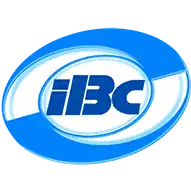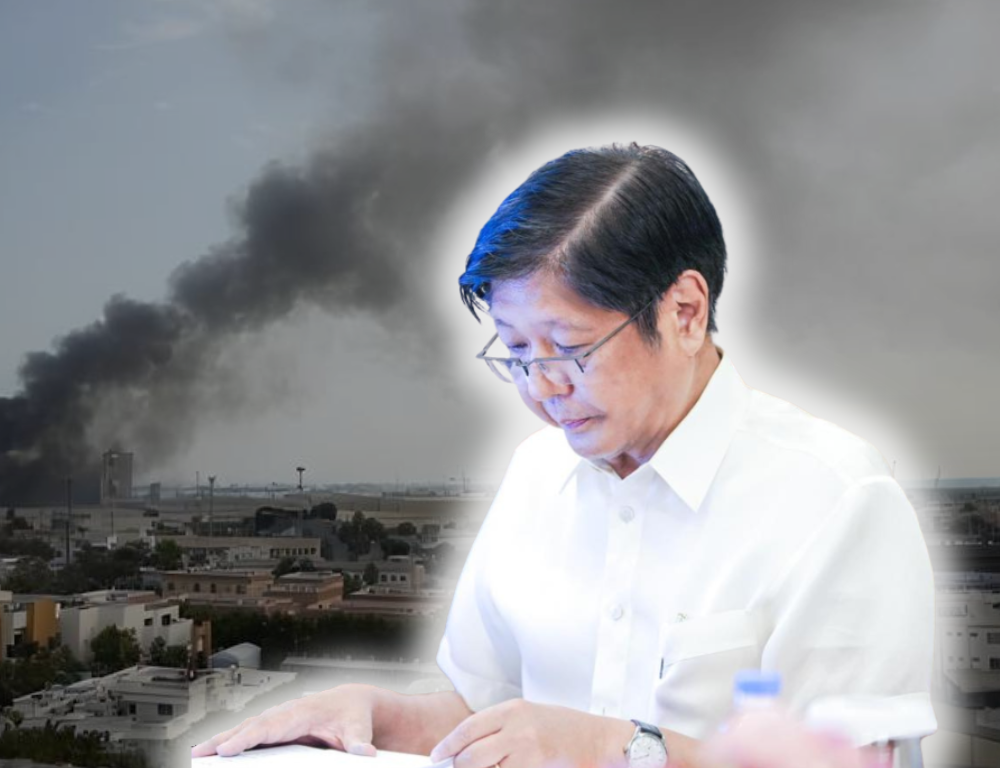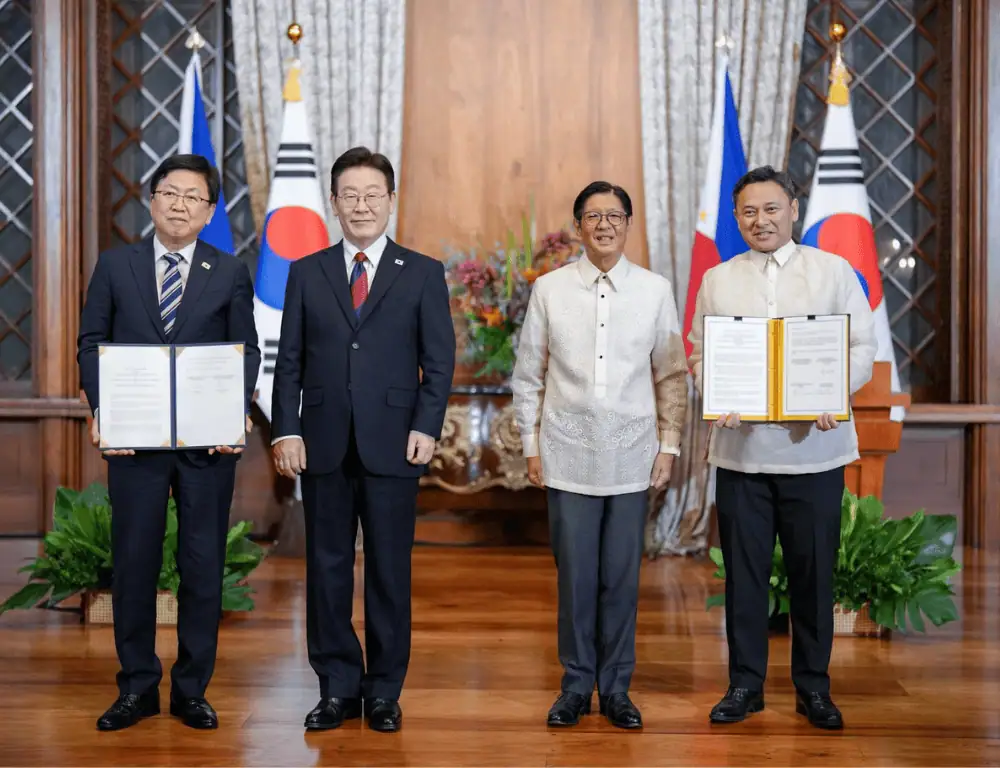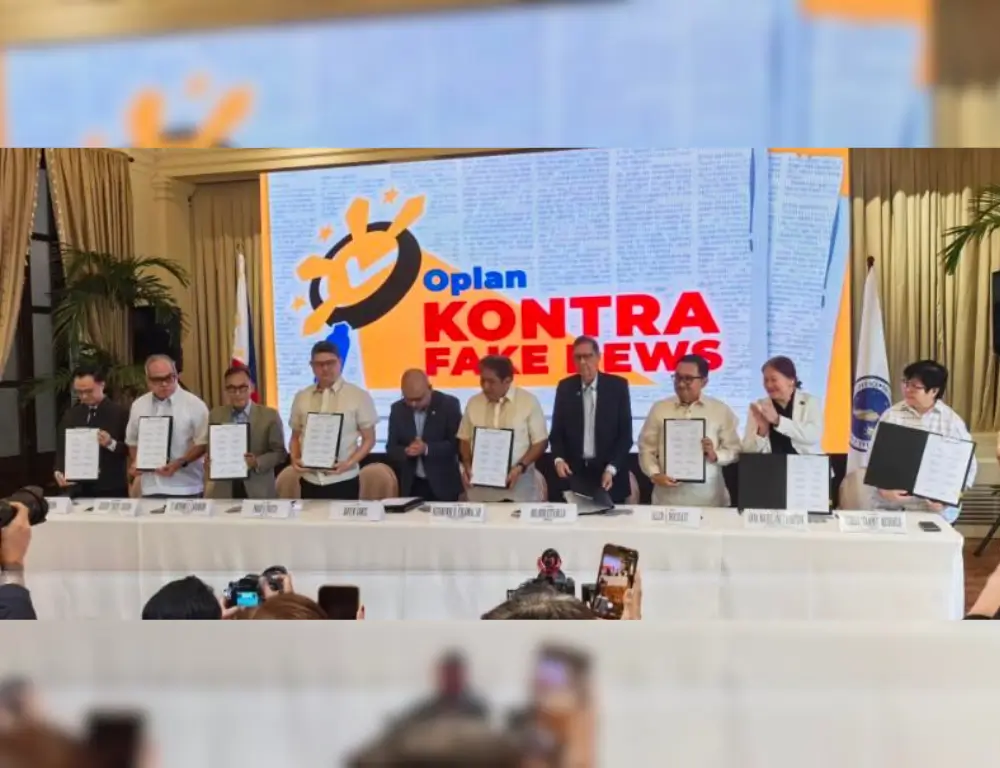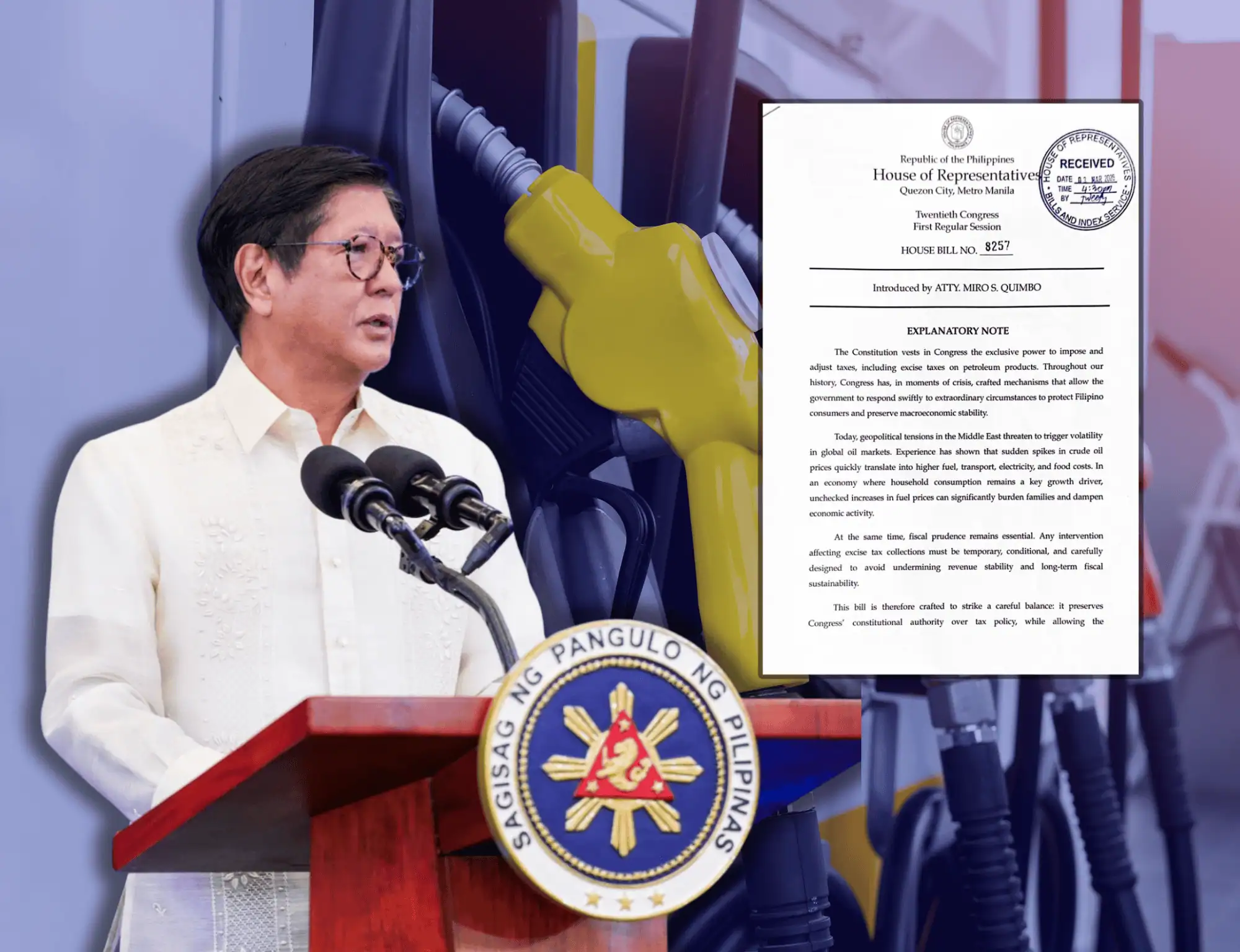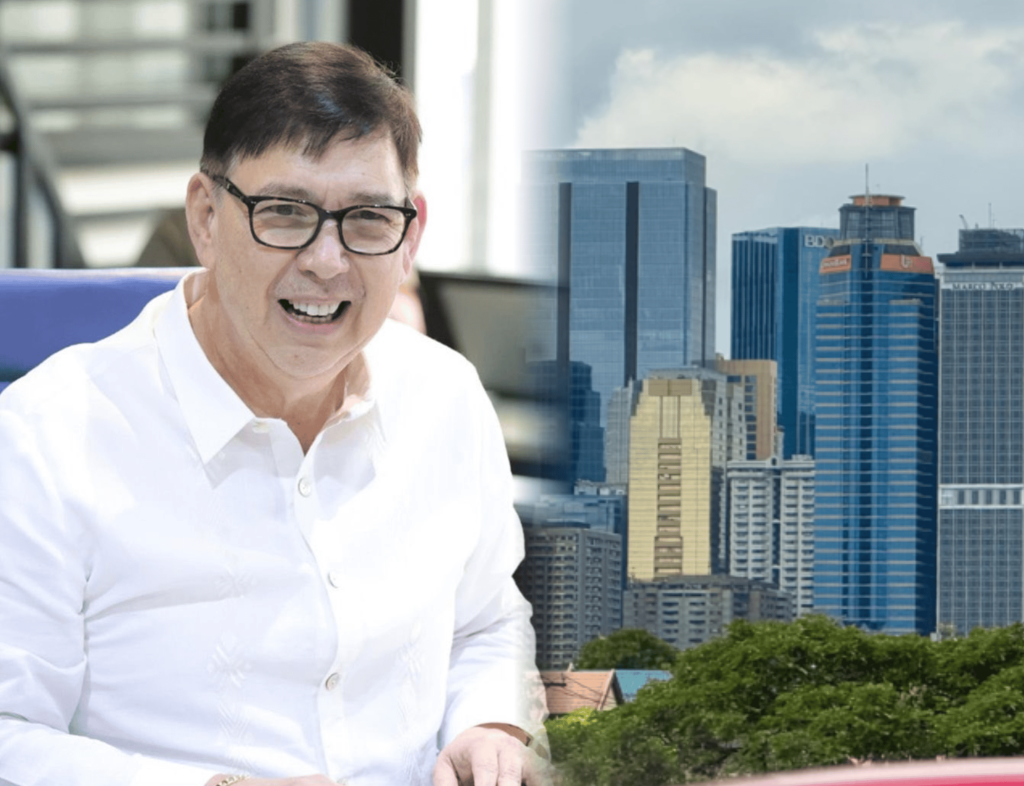
Executive Secretary Ralph G. Recto has lauded S&P’s recent reaffirmation of the Philippines’ ‘BBB+’ high investment-grade rating with a Positive Outlook, calling it a clear proof of investors’ strong vote of confidence in President Ferdinand R. Marcos, Jr.’s leadership.
“Patunay po ito na nanatiling matatag ang tiwala at kumpiyansa ng mga investors sa pamamalakad ng Marcos Jr. administration sa ating bansa, and we will ensure to protect this trust. We will make sure that every policy decision strengthens our inclusive growth and long-term economic stability,” Executive Secretary Recto said.
In its report, S&P emphasized that the Marcos, Jr. administration’s policy settings have kept the economy strong.
It also expressed confidence that the recent flood control controversy, which was exposed by President Marcos, Jr. himself, will not disrupt the country’s long-term growth path.
Executive Secretary Recto noted that the government has acted decisively on the issue. As part of its commitment to good governance and accountability, it is now arresting those responsible for the flood control anomaly, and instituting reforms for efficient, transparent, and responsible spending moving forward.
Strong economic performance, fiscal consolidation on track
S&P noted that the Marcos, Jr. administration has shown a commitment to “a well-established medium-term fiscal framework”.
Executive Secretary Recto, during his time as Finance Secretary, recalibrated the fiscal program to ensure targets were realistic and responsive to current challenges. He also maintained proactive engagement with global credit rating agencies.
Maintaining the country’s high credit rating is among his key priorities as this would allow the government more access to affordable resources for more infrastructure and social services, better healthcare system, and quality education. It also draws in more foreign direct investments, creating better job opportunities for Filipinos.
S&P likewise highlighted the Philippines’ above-average economic growth, relative to its peers, which is supported by robust domestic demand, lower inflation, and stable overseas remittances.
Since 2022, the Philippines has grown at an average of 5.7%, with S&P projecting medium-term growth of 6.2% from 2026 to 2028 fueled by strong domestic consumption and sustained public and private investment.
Ongoing efforts to address infrastructure gaps and improvements in the business climate through game-changing reforms, such as the CREATE MORE, are expected to boost economic productivity and foreign direct investments in the next two to three years. (Office of the ES)
